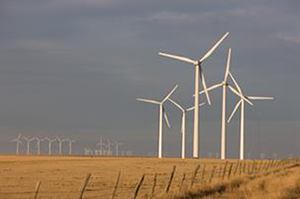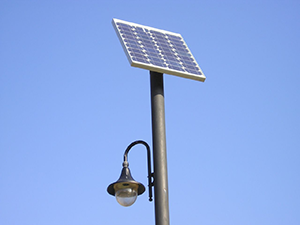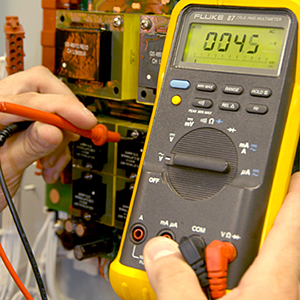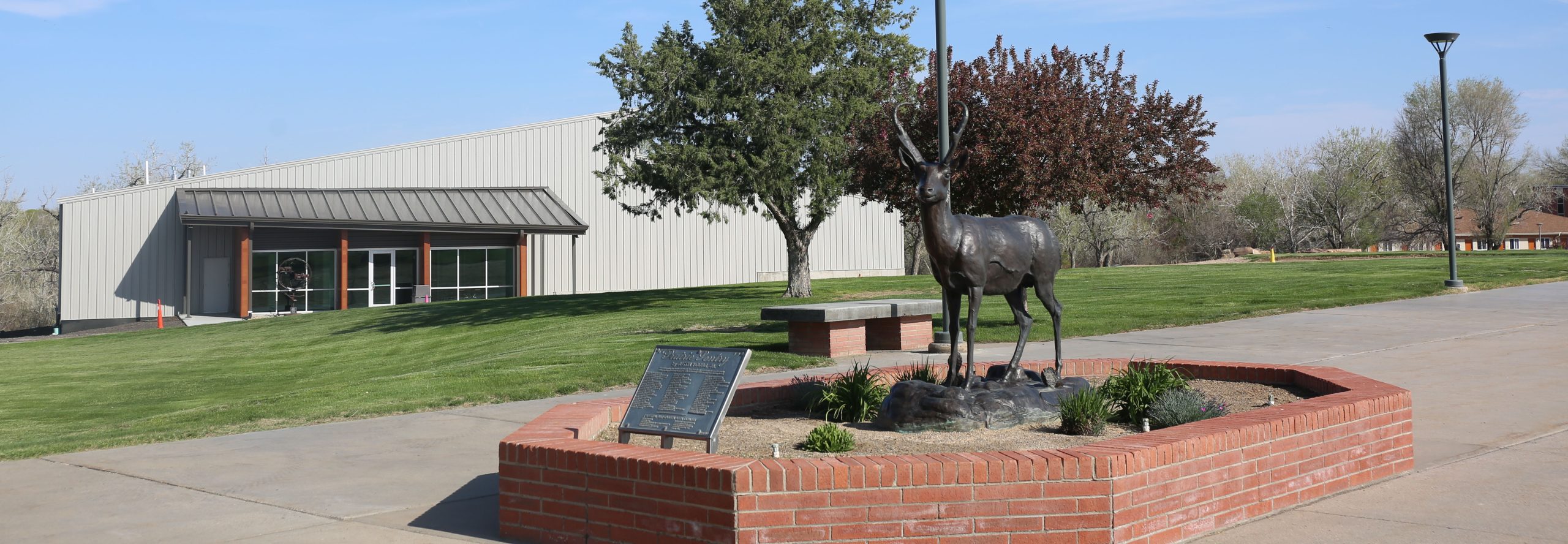Featured Programs
Helpful Links

Renewable Energy Technologies
The world is focusing on Renewable Energy to meet its expanding demands. That’s good for our water, food, air, and climate. Get a head start with LCC’s Renewable Energy Technologies, Associate of Applied Science Degree. Be a part of the future.
Renewable Energy Technologies Options
| Renewable Energy Technologies | A.A.S. | Degree Plan |
Overview
The Renewable Energy Technologies Associate of Applied Science degree is a program designed for students interested in the manufacturing, repair, installation and maintenance of photovoltaic systems, wind turbines, solar thermal systems and biofuel equipment. These degrees and certificates are designed to prepare students for careers as:
i. Cost Estimator
ii. Energy Efficiency Auditor
iii. Solar Installer
By the end of the program students will be able to describe design requirements and installation guidelines, identify materials and resources, and provide information on green buildings, safety issues, maintenance and trouble shooting. Students will be able to install solar and other kinds of energy equipment and demonstrate basic welding skills. This program will include training in energy auditing for commercial and residential applications. Students also demonstrate professionalism in the workplace, a sound understanding of ethical business practices, and communication with clients.
What you will learn:
What you will learn:
 Wind Energy
Wind Energy
Where ever there is wind, there is power. Wind energy courses begin with an understanding of the history of wind energy. Later, while using specific terminology, students learn to identify and classify a variety of turbines. Students also learn how these turbines convert wind into electrical energy. All wind energy courses offer classroom instruction that focuses on theory as well as safe hands-on activities. LCC’s campus neighbors an impressive wind farm. Students have the opportunity to see the local wind farm up close and see how it is interconnected with the power grid. Colorado has the potential to supply 9% of the nation’s electrical needs through wind-that’s 67 million homes.
 Solar Energy
Solar Energy
Solar energy is one of the fastest growing industries in the US, generating an estimated 13(GW) of clean renewable electricity, employment in this field is growing exponentially. LCC’s solar energy courses start with the fundamentals of photovoltaic construction and transfer into design, installation, and troubleshooting a working solar system. Students apply technology and learn from qualified instructors to acquire an education that sets them apart from others in this growing field.
 Electrical
Electrical
LCC’s lab offers a safe state-of-the-art setting for students to move forward with their electrical understanding. Energy courses offer everything from theory, to the power distribution system from the power plant to the circuit breaker box. Students learn voltage, apply laws, construct and test circuits, trouble shoot, explain and work with electromagnetic devices, and more through LCC’s electrical courses.
Program graduates will be able to:
- Identify symbols and dimensions (lines) for ANSI/ASME/ISO standards as it relates to Computer Aided Drafting.
- Describe, design and operate various layouts, materials calculations and cost estimates for rafters (roofs and trusses).
- Define and apply the fundamentals of AC and DC circuits.
- Identify and support key elements in electrical systems from generation to end consumer consumption.
- Demonstrate knowledge of principles of active and passive solar systems, generating systems, bio-mass, wind, geothermal, electrical power generation and energy storage.
- Identify, discuss and apply the movement of energy, energy audits tools and conservation techniques to include creating a sales proposal of suggestions to the consumer.
- Synthesize a complete (identify system components) of an on-paper photovoltaic system based on knowledge of regulatory principles.
- Provide a working knowledge of sizing, installation and maintenance of solar domestic hot water systems.
- Retain and demonstrate the ability to apply OSHA Regulation, 29 CFR 1926.
- Apply the concepts plumbing systems, materials, joints, fitting, values and tools per industry standards.
- Operate shielded metal arc welding equipment in order to perform basic designs in a safe manner and to understand basic application of metal arc welding applications.
- Define, discuss and explain wind energy specific terms, identify the different classifications of wind turbines, understand the mechanics of converting a moving fluid (wind) into more useful electrical energy and estimate the potential wind energy available at a specific site.
Entrance Requirements
- High school diploma or equivalent
Cost of Textbooks/Supplies
- Tuition based on total number of credits taken.
- The cost may vary from semester to semester.

